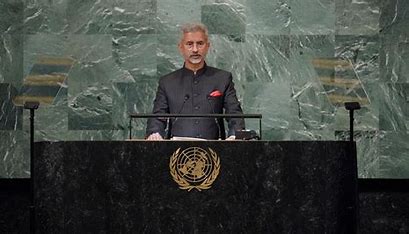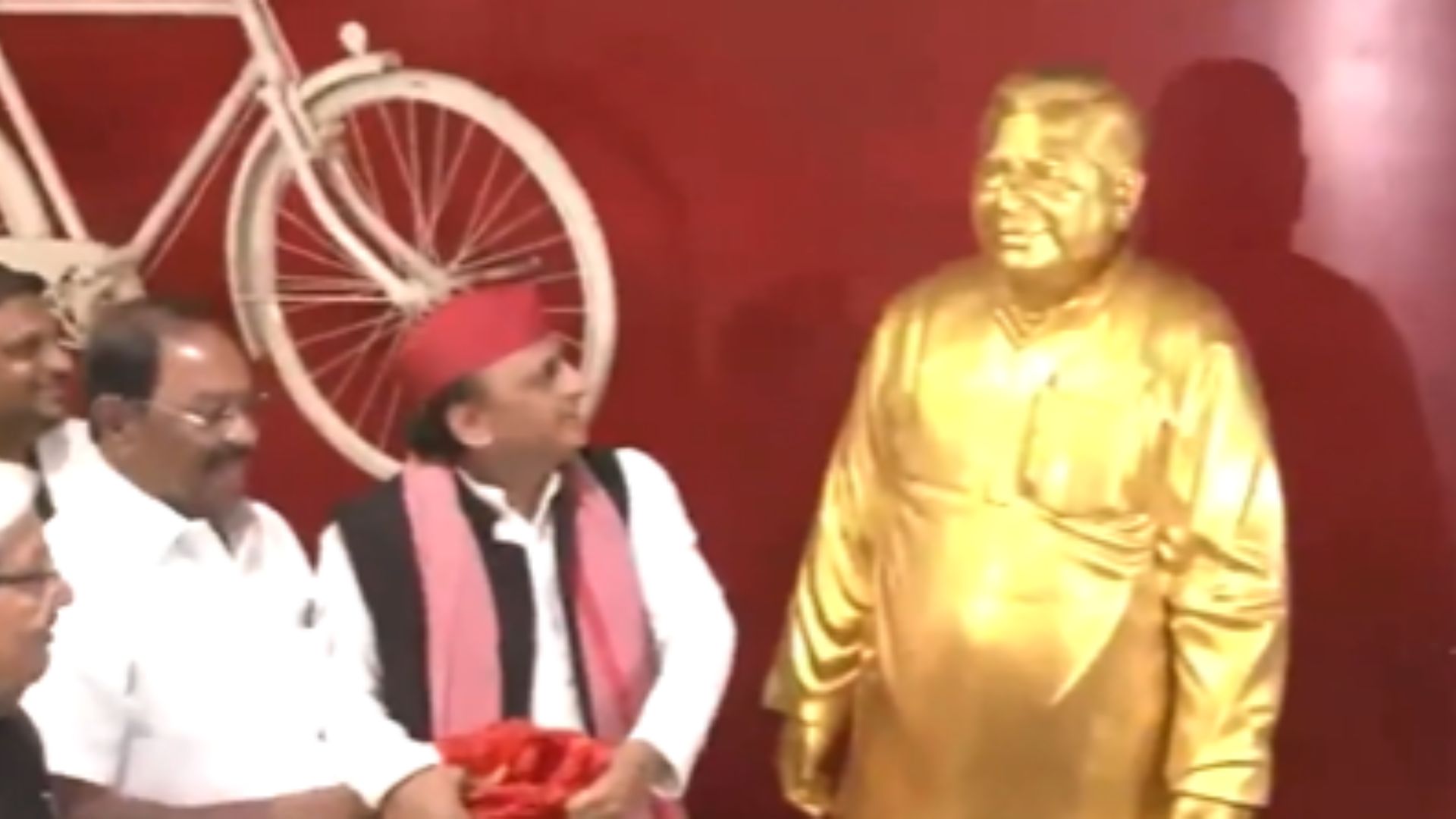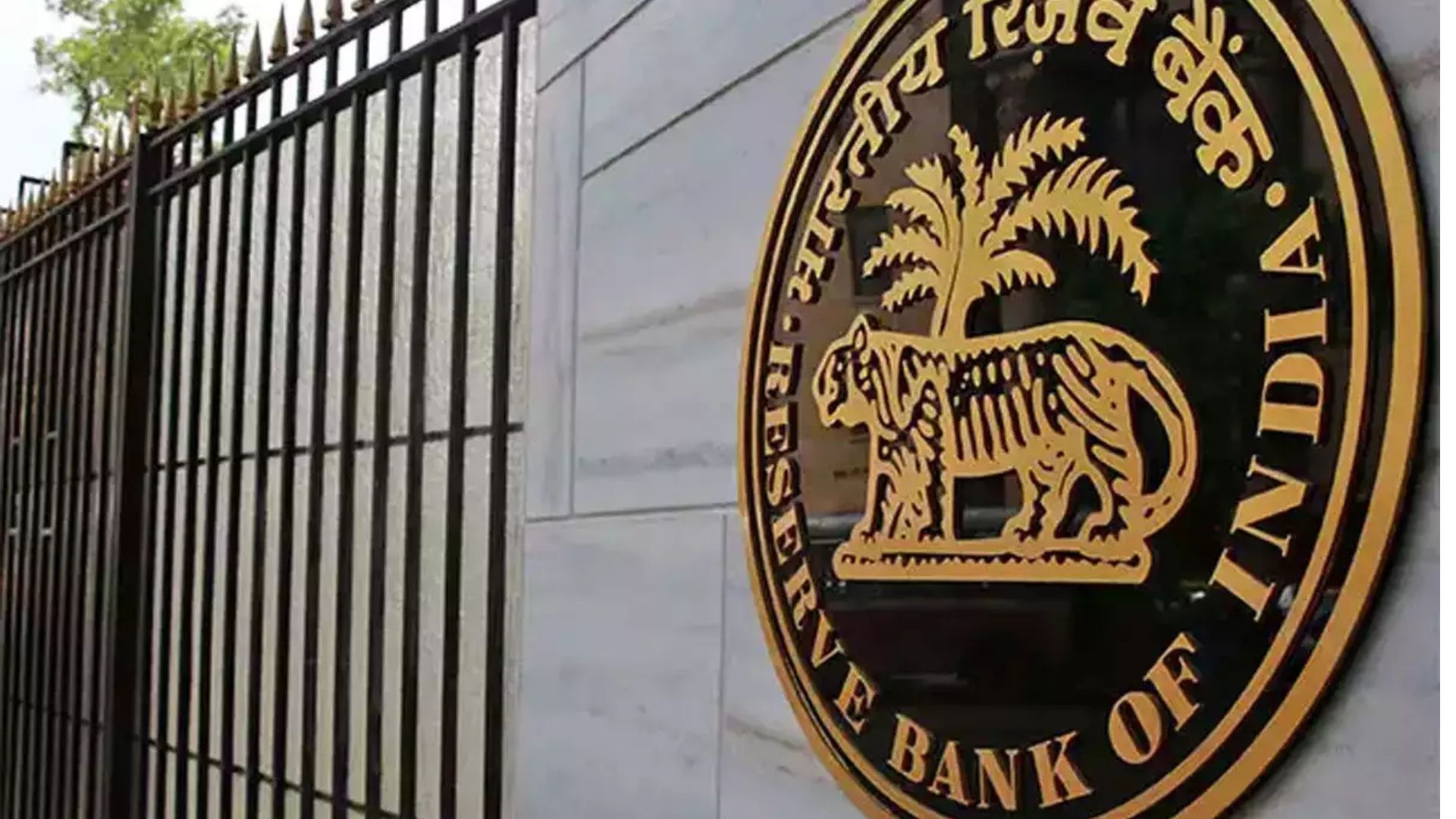
In a powerful address at the 79th United Nations General Assembly, India’s External Affairs Minister, S Jaishankar, warned that global peace and prosperity are under serious threat. He emphasized the growing polarization in the world and urged reforms in multilateral institutions, particularly the United Nations.
Jaishankar pointed to several challenges facing the world today, including the lingering effects of the COVID-19 pandemic, the ongoing Ukraine war, and escalating conflict in Gaza. He stated that many countries have taken more from the international system than they have contributed, weakening global cooperation. “The world stands fractured, polarized, and frustrated,” he said, underscoring the urgency for the UN to adapt.
Jaishankar presented India’s development model as an example of inclusive growth and shared prosperity. He outlined five key pillars that drive India’s contribution to global welfare:
1. Inclusive development for vulnerable populations
2. Expanding opportunities for employment, especially for women
3. Digital Public Infrastructure (DPI) for efficient service delivery
4. India as the world’s ‘people’s pharmacy’
5. India as a voice for the Global South
Jaishankar stressed that India’s experience with digital services, health care, and entrepreneurship could serve as a model for broader global prosperity.
While critiquing the current global order, Jaishankar highlighted the dangers of over-reliance on single geographic regions for production. This, he argued, weakens economic resilience and social stability. His remarks on “unviable projects” and violations of sovereignty appeared to be indirect criticism of China’s Belt and Road Initiative, particularly projects like the China-Pakistan Economic Corridor, which India opposes.
Jaishankar urged the UN to introspect on its own role, calling for the urgent reform of multilateral institutions. He stressed that the United Nations could not fulfill its vision of leaving no one behind if it remains “paralysed” in the face of global challenges like terrorism, food insecurity, and climate change.
He also reiterated India’s push for peaceful resolution of conflicts, including the wars in Ukraine and Gaza, and called for the international community to seek urgent solutions to these crises.
In conclusion, Jaishankar emphasized that India is committed to being part of the solution to global challenges, contributing through its welfare programs, economic initiatives, and advocacy for the Global South. His speech highlighted India’s growing influence in shaping the international order as it balances both critique and constructive solutions.















